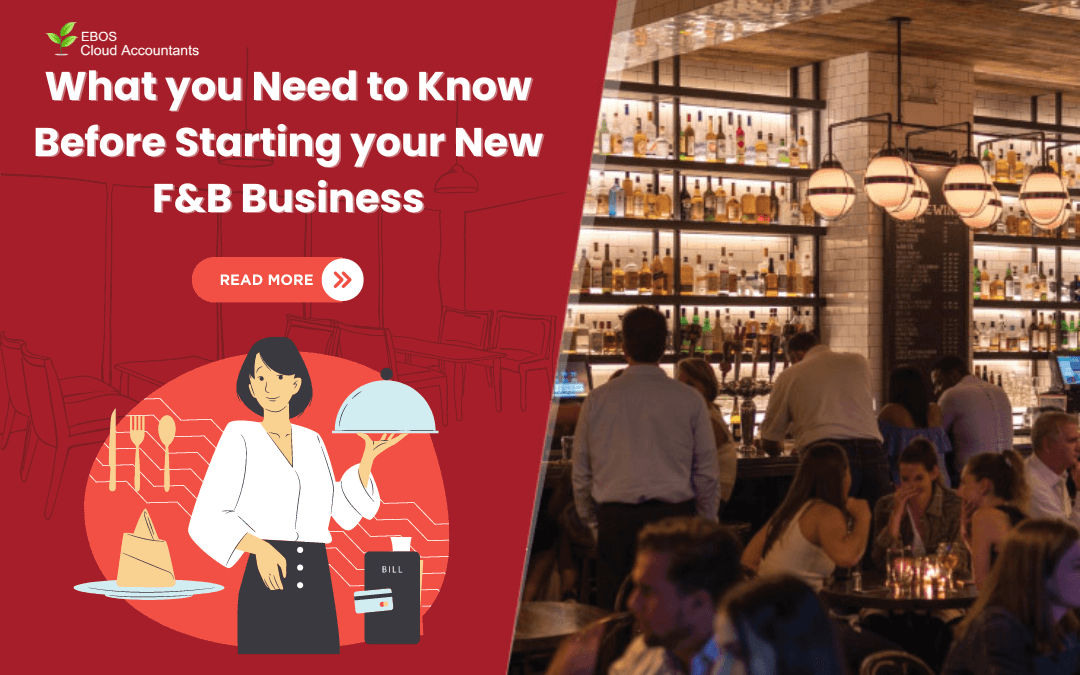Building a business isn’t simple, whether you’re a new entrepreneur or an experienced CEO looking to enter the Food & Beverage (F&B) industry. From the time and planning necessary to the resources required, it may be a long road to establishing a successful firm.
To make the process run more smoothly, you must first gain a solid awareness of the local F&B landscape.
Do your research with industry insights and statistics from the Department of Statistics (DOS) Singapore and Enterprise Singapore (EnterpriseSG), which offer an in-depth examination of the sector to assist you in evaluating and refining your business plan.
Here is what you should know:
The F&B Sector is Very Competitive
When developing a new F&B endeavor, examine aspects such as general industry performance, operating costs, and the performance of various format options.
With low entry barriers, an increasing number of F&B businesses have launched throughout the years, despite the fact that the sector’s total operating revenue has not grown in lockstep.
When planning your F&B venture, you should consider factors such as the number of firms and overall operational revenue, which indicate the sector’s growth potential.
Business Concept and Ideas
Develop a clear and distinct concept for your F&B establishment. Consider the food type, concept, ambiance, target market, and competitive advantage. Your concept should connect with your target audience and set you out from your competitors.
Legal and Regulatory Compliance
Familiarize yourself with the legal and regulatory requirements for running a food and beverage business in your area. This includes food handling permits and licenses, health and safety standards, alcohol licensing (where applicable), zoning rules, and company registration.
Menu Design and Development
Create a well-curated menu that reflects your company’s concept, appeals to your target demographic, and demonstrates your culinary ability. Consider ingredient supply, menu price, serving sizes, dietary preferences, and seasonal options.
Financial Planning
Create a complete business plan that includes your initial costs, ongoing expenses, revenue predictions, and prospective finance sources. Consider leasing or rental fees, equipment purchases, employment expenses, marketing budget, and contingency money.
Supply Chain Management
Establish trusting relationships with suppliers and merchants to obtain high-quality ingredients, beverages, and other necessities. Negotiate advantageous conditions, pricing, and delivery dates to guarantee your supply chain is consistent and reliable.
Marketing and Branding
Create a strong brand identity and marketing strategy to effectively promote your food and beverage business. Use a variety of online and offline marketing channels, including social media, websites, email marketing, local advertising, promotions, and collaborations.
In Summary
Starting a new F&B business needs meticulous preparation, attention to detail, and a love of hospitality. Consider these critical considerations before establishing your enterprise to ensure success in the competitive F&B industry.
As a result, good marketing is critical to the success of any new food venture. Accept the challenges and opportunities that come with starting a food business.
With persistence, innovation, and a passion for culinary arts, prospective entrepreneurs can make their ambitions come true and pave the way for a successful and happy food business.







